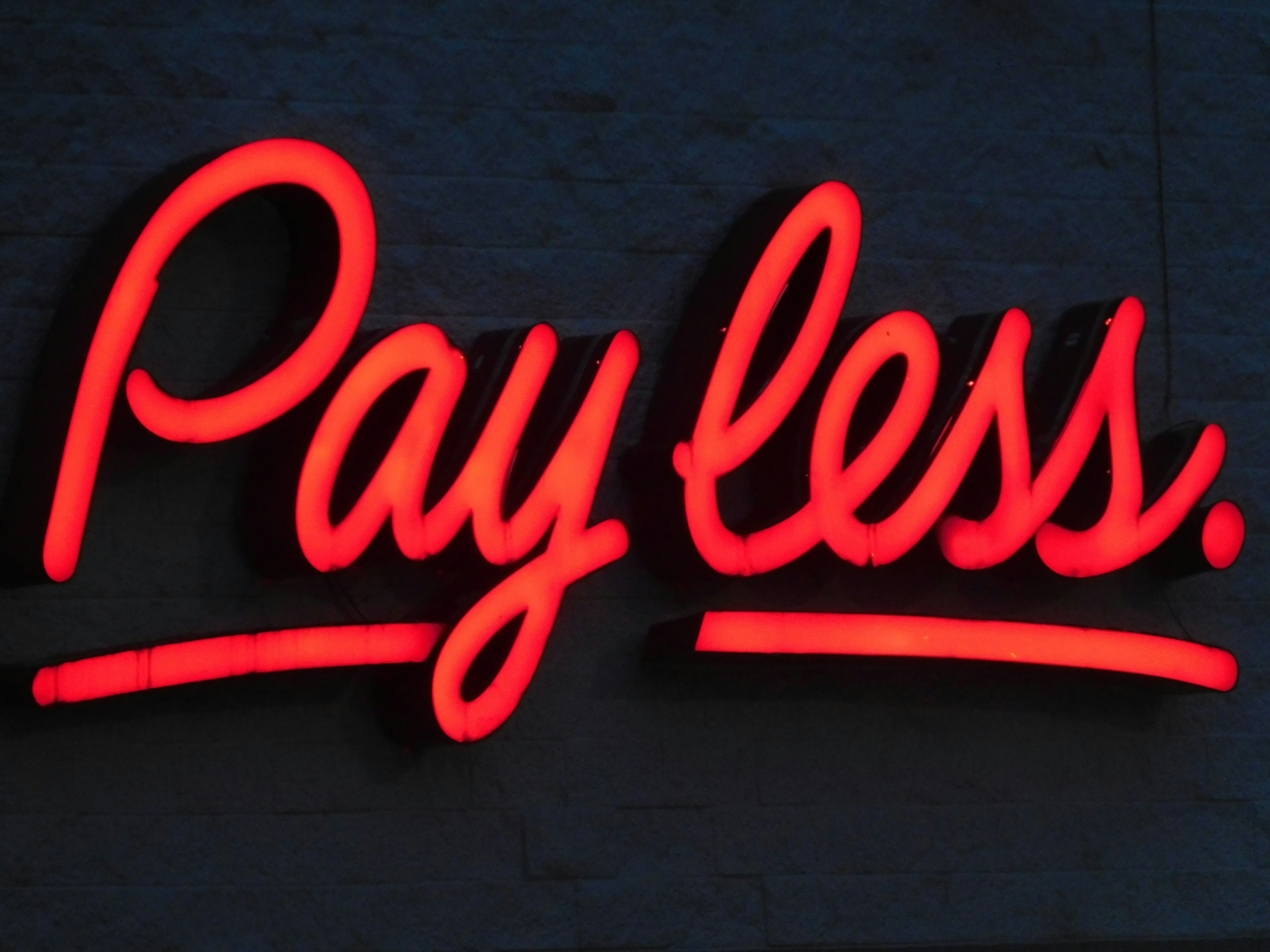Affordable Housing
As the proprietor of a LIHTC property, it's likely that you've attracted numerous tenants who chose your property due to its affordability. This choice provides valuable insights into their financial circumstances.
Often, this information can make many property owners uneasy about retaining their tenants. Some may even contemplate the idea of evictions and the pursuit of new tenants for their properties.
We're here to emphasize that both of these courses of action may not be the wisest choices. Tenant retention in affordable housing can yield substantial long-term benefits, particularly when affordable housing options are prevalent in your vicinity.
Curious to know how? Explore further to understand why retaining residents in your LIHTC property is preferable to seeking new occupants for your affordable housing property.
The Costs of Tenant Acquisition
Acquiring a new tenant for your property, whether it's currently occupied or not, involves a range of financial considerations. To provide you with a comprehensive insight into the true costs associated with tenant acquisition, let's delve into the expenditures.
From the outset, you'll find yourself incurring expenses in three key areas: maintenance and repairs, marketing, and realtor fees. Each of these expenses can be quite substantial, regardless of the number of potential prospects you're trying to attract.
Maintenance and repairs are essential to enhance the property's overall presentation, which significantly influences its curb appeal – a critical factor in attracting prospective tenants. These maintenance efforts extend beyond the visible exterior and encompass the often-overlooked components, such as wiring, plumbing, and structural support. In cases where extensive renovations are required, the costs can quickly become considerable.
Addressing these property maintenance and repair tasks necessitates both a financial investment and a significant amount of time. However, the expenditure doesn't end there when you're in the process of securing a new tenant; you also need to allocate resources for marketing and enlist the services of a realtor.
While you have the option to reduce marketing costs by running your own campaign, it's important to acknowledge that effective marketing is a challenging endeavor. As a result, many property owners opt to engage a marketing agency, which may run multiple campaigns to acquire just a single client.
In addition to the marketing agency, you'll need to hire a realtor to list your LIHTC property to attract potential tenants.
Empty Affordable Housing Properties Bleed Out Money
Regardless of its occupancy status, your affordable housing property remains your responsibility. It demands ongoing maintenance, adding to your financial obligations.
An unoccupied and neglected property is susceptible to deterioration, and once the telltale signs of neglect emerge, it might be too late to salvage its condition. The visible signs of wear and tear can not only diminish the property's value but also limit the rent you can command.
Moreover, in many cases, state housing authorities can label a vacant property as uninhabitable if the indications of disrepair are significant. This underscores the urgency of investing in your property's maintenance. Regular check-ins and proactive repair planning are often essential. When repairs become a necessity, the services of a property manager may be required.
Beyond maintenance costs, you'll still be responsible for basic utilities, such as electricity, even in the absence of tenants. Additionally, property taxes remain a financial obligation, irrespective of occupancy status.
Overall, an unoccupied property can impose substantial financial burdens. To mitigate these expenses, it's crucial to prioritize tenant retention and ensure the continued occupation of your property.
Tenant Retention vs. New Occupants: Why Prioritize?
Tenant retention offers substantial long-term advantages, including the following key benefits:
1. A Tenant Transforms Your Property into an Income-Generating Asset
Previously, we discussed the potential liability of an unoccupied property. However, the presence of a tenant can turn your property from a liability into a valuable income-generating asset. When a tenant occupies your rental property, they contribute monthly rental payments. The longer your tenants stay, the more sustained and passive income you'll receive through rent.
2. Utility Costs Are Covered by Tenants
By default, unless otherwise specified in the rental agreement, your tenant is responsible for covering the utility expenses associated with the property. This includes water and electricity bills, as well as heating costs if your property features a complete HVAC system. In the absence of a tenant, you'll find yourself shouldering these utility costs.
3. Significant Reduction in Maintenance Expenses
Whether occupied or not, a property requires regular maintenance to safeguard it from deterioration, as we discussed in earlier sections. Maintenance comes with both financial and time-related costs. However, when a tenant resides in your affordable housing property, your maintenance expenses will notably decrease. Tenants typically maintain the property to ensure it remains livable for themselves, leading to cost savings in this regard.
Tax Credits: Resident Retention Benefit
Property owners are no strangers to taxation on rental properties. However, owning or investing in a blended occupancy property like LIHTC can bring you significant tax credits. This relates to the federal government's approach to financing affordable housing projects.
From 2007 to 2022, LIHTC developments increased in response to the affordable housing shortage. The federal government allocated funds from various sources to create over 3.6 million housing units for qualifying households.
To attract investors to these affordable housing projects, tax credits were introduced. As an investor or owner, you can claim IRS tax credits for your LIHTC property. The exact percentage varies by state.
These tax credits can be claimed over ten years, but you must adhere to affordable housing regulations for 15 years. While these regulations may differ slightly among states, one common requirement is occupancy. Therefore, retaining your residents makes you eligible for these valuable tax credits.
Retaining Residents in Affordable Housing
Having established the benefits of tenant retention, let's explore strategies to maintain tenant satisfaction within your affordable housing property.
One effective method for ensuring tenant happiness is to streamline HUD payments. Simplifying payment processes can be achieved in various ways, but ExactState recommends the use of an online payment platform to enhance the convenience of rent payment and collection.
Our online payment platform allows tenants to make rent payments without fees, and we don't charge fees for rent collection.
Additionally, it's essential to let your residents know that support is readily available. For this purpose, we offer a resident portal that your tenants can utilize for a range of tasks, from work orders to online payments.
Through our online resident portal, tenants can receive friendly reminders regarding rent and other important announcements, enhancing their overall living experience. This user-friendly and mobile-responsive portal ensures ease of use for your residents.
ExactEstate’s property management software has everything you need to keep your tenants happy in your LIHTC property. To learn more, schedule a demo.










